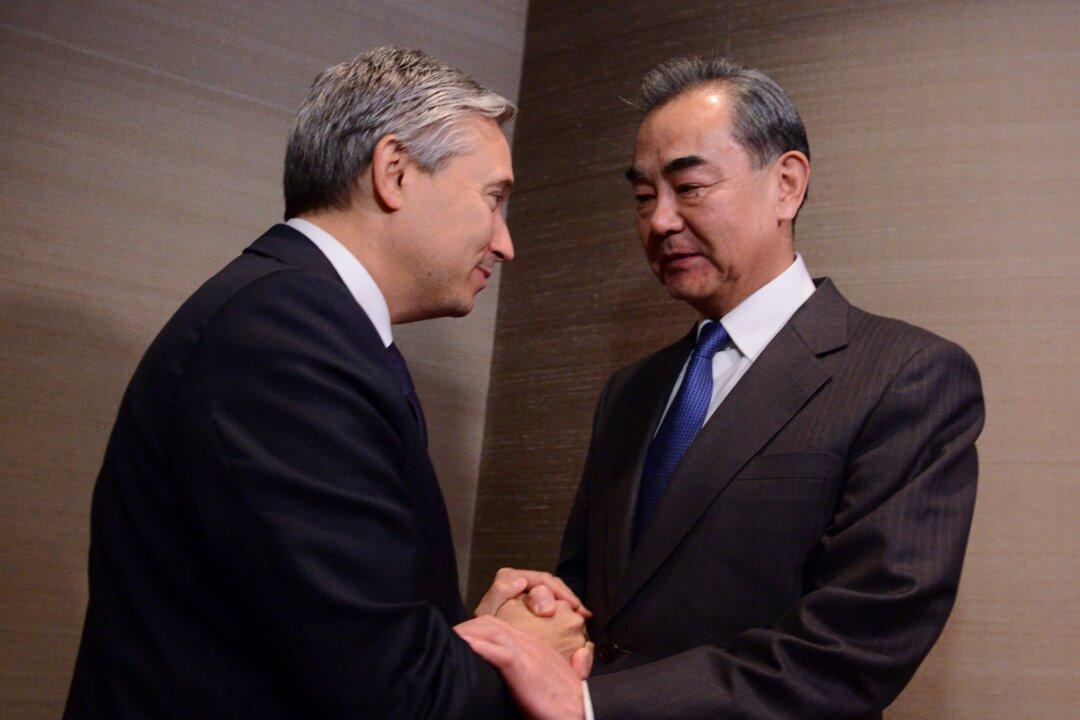News Analysis
Diplomatic relations is a chess game, one that Prime Minister Justin Trudeau didn’t play very well when he had a friendly handshake with Iranian Foreign Minister Javad Zarif, says former cabinet minister and longtime MP David Kilgour.

Diplomatic relations is a chess game, one that Prime Minister Justin Trudeau didn’t play very well when he had a friendly handshake with Iranian Foreign Minister Javad Zarif, says former cabinet minister and longtime MP David Kilgour.